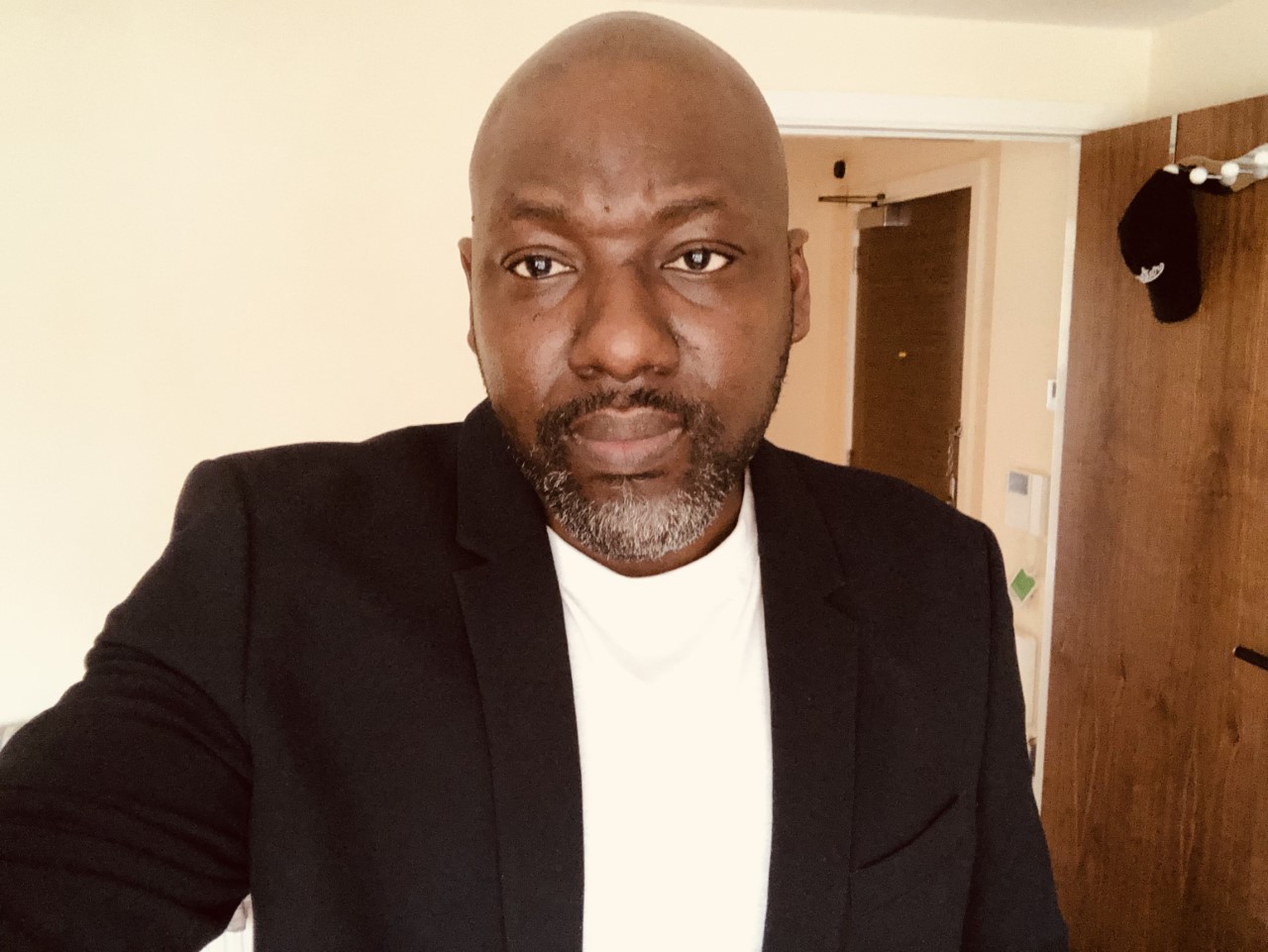Workshop about Faith and Sexuality with Religious Leaders in Kenya

By Rev. Jide Macaulay
On the invitation by Action AID Kenya, in February 2021 I led a programme addressing the knowledge and understanding of religious leaders about faith, sexuality and inclusion of lesbian, gay, bisexual, transgender, intersex and queer (LGBTIQ) people in the life of the Church. Through the programme we found that many religious leaders have been far removed from any theological understanding that reflects compassion for marginalised others.
I focused my presentations on the following themes:
- The impact of religion on the LGBTIQ community – giving the religious leaders an understanding of exclusion and the spiritual violence that often result in alienation.
- The narrative, inclusion and queering of the Bible – providing key insight into biblical narratives and interpretation of sacred text in the light of same sex attractions.
- Finally, from a personal perspective, “Being Black African Gay and Christian”, as the request for the session was to make the presentation more familiar from my own personal journey as a Christian who is both gay and Nigerian.
In my opening remarks and introduction, I focused on the experience of nearly 30 years as a trainer and speaker on inclusive theology, pastoral care and support; faith and sexuality; HIV mentoring and training; LGBTIQ human rights and asylum support. My credentials gave me the ability and experience leading to both professional and lived experiences of the subject matter.
Coming out as gay is difficult for any LGBTIQ persons in Africa and more so challenging for any person of faith, who for most of their youth and adult life have been exposed to rhetoric that condemns rather than affirms them. Many often carry the weight of the “sin of homosexuality” as often dictated and depicted by religious intolerance. There is also the guilt of cultural norms and betrayals of traditional expectations as regards to heteronormativity. Too often queer people fall into anxieties, depression and stress related to thinking they are failures as they struggle with their sexualities.
I shared my own story of confusion in my youth and how I later believed that getting married to a woman was the right action to get things right with God. Many queer folks are forced or pressured to get married to the opposite sex when they have not understood their own human sexuality. As a result, the rate of depression escalates.
It is important to draw a parallel with knowledge of sexuality between homosexuals and heterosexuals save that the latter have concealed safe space in society to apply their irrefutable freedom, however the former are most likely to experience abuse and or objections if they were to show any form of same sex amorous feelings or relations. These are mostly supported by religious positioning and politics.
I used the “genderbread person” to illustrate gender and sexuality. All humans are born with a gender identity, gender expression, biological sex and sexual orientation, these are often unique to the individuals.
I shared two out of four videos in the time allowed.
- Gay and God Fearing – The story of House of Rainbow in Nigeria.
- Clips from Prayer for Bobby, a true story of a Christian mother who was homophobic and began to question the teaching of her church after her gay son took his own life.
- Clips from “Too Gay for God?”, part of a BBC documentary in which I questioned the disparity in how the Church of England discriminates against gay people by denying them full marriage and blessing.
- Clip from West Wings, a popular TV series where there was an illustration of misuse of Scriptures.
- Clips from the documentary film, 1946 Movie, which illustrates the deception in 1946 to include the word homosexual in the list of wrong-doing, this was challenged then by members of the Translation Committee.
I used these fragments to further explore religious abuse in its variation towards sexual minorities based on the issues of sexual orientation and gender identity. Religious abuse includes physical abuse, emotional neglect, sexual, spiritual and domestic violence, financial abuse, conversion therapy, healing and deliverance. I directed participants to a BBC radio interview, Heart and Soul Episode 3, “Fame Blame and Shame”.
To help and support about 70 religious leaders in this programme, I called upon other professionals including a professor of queer theology, a priest and academic, a transgender clergy, a lesbian Christian, and a heterosexual pastor who has become ally of the LGBTIQ community.
I recommended peer support and shared several ideas that has helped the communities I serve, such as therapy, poetry and HIV, poetry for queer Christians, accountability partners, etc
I discussed the experience of living with HIV and shared the video from Black HIV Stories. HIV has often been used to measure yardstick punishment for gay people. I narrowed down the religious abuse to equating diseases as a punishment for homosexuality. God doesn’t work like that, God does not punish people with diseases, and HIV stigmatisation of queer people cannot be a justified response.
Finally, I shared several resources, including recommended books and tools for helping religious leaders and LGBTIQ people understand that it is possible to reconciled faith, religion and sexuality.
Rev. Jide Macaulay is founder and CEO of House of Rainbow, an organisation of black LGBTQ Christians.
